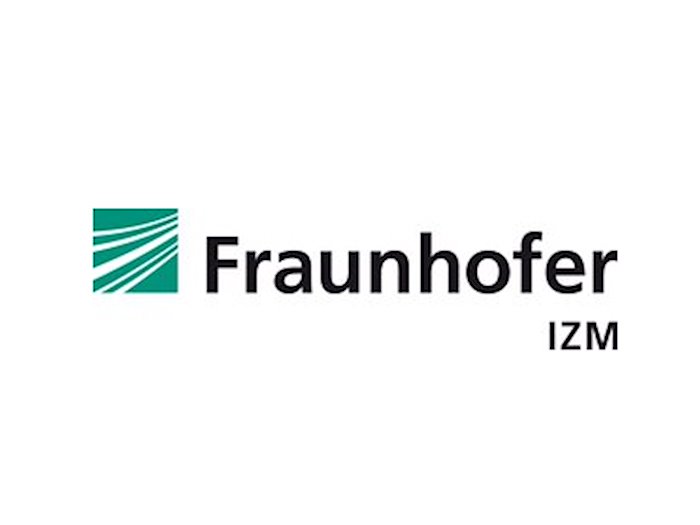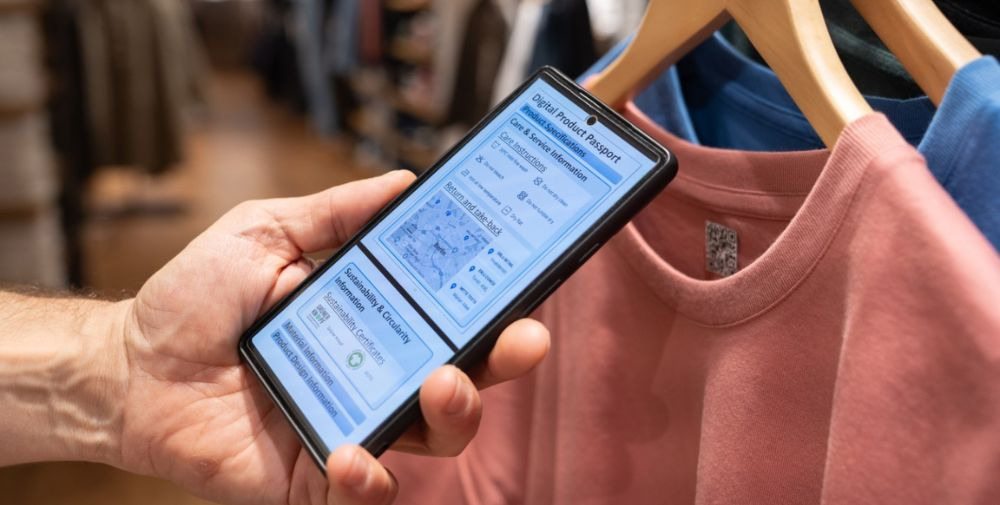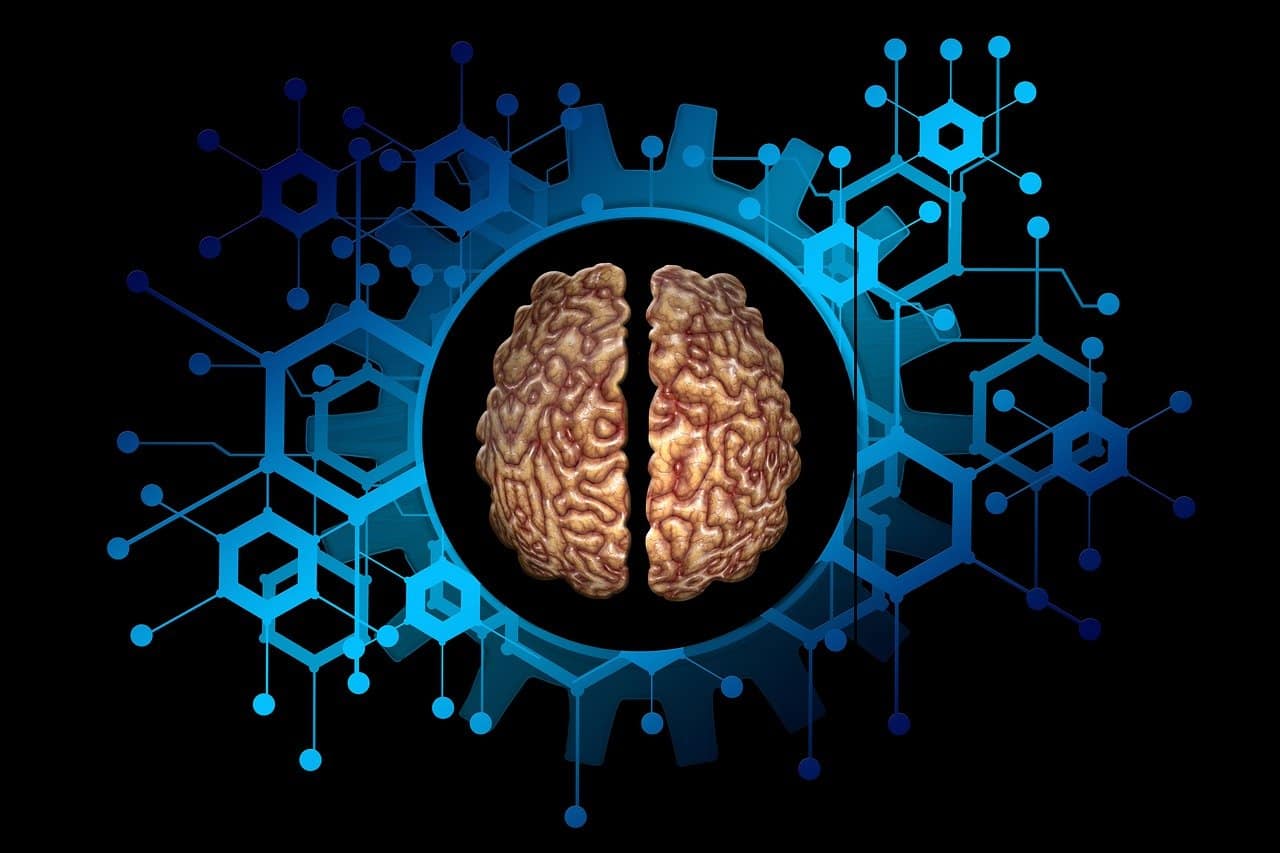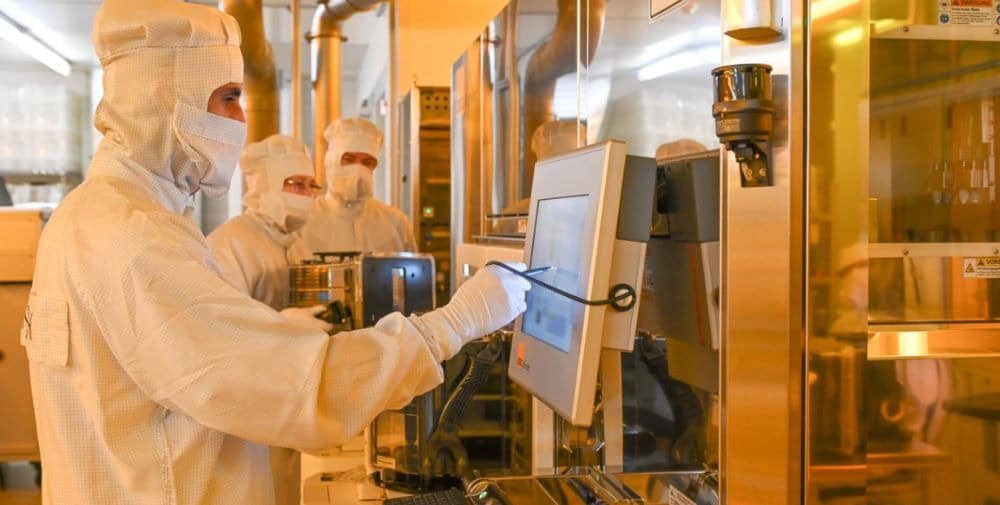
Absolute must-have in the luggage is for most usually an identity card or a passport. These are internationally recognized documents for the indication of data over the own person. This process, which we take for granted, is soon to become a reality for electronic and textile products as well as batteries. Since cell phones, tablets and the like naturally do not carry a haptic passport, their “personal data” is to be retrievable in the future by means of a digital product passport via a QR code or RFID chip at any point in the value chain.
Consumers should thus have more opportunities when buying textiles, electronic products, but also furniture and toys, to find out about important product information such as the energy efficiency class, manufacturing conditions or reparability, in order to be able to make an informed and sustainable purchase decision based on this. But there is also enormous potential for other parties involved, for example in repair or recycling: until now, in the case of highly miniaturized electronic products, it can be difficult to find out which raw materials or toxic components are contained in the product and how they can be separated. To ensure that this information is always available to the right target group, user-specific certificates should regulate access.
The totality of the information contained in the product passport has not yet been definitively clarified at the present time. In the CIRPASS project, Eduard Wagner’s group at Fraunhofer IZM is currently working out what legal information requirements already exist and what other information could be of interest for the product passport. In the end, an information architecture is to be built that clarifies which information has added value for those involved in the value chain and with what effort it can be provided. For example, a repair indicator showing how well a product can be repaired has been mandatory in France since 2021*¹ and is also being considered for the digital, pan-European product passport. “The indication of the energy efficiency class is also now mandatory. But this information must now still be determined individually, and for other values there is not yet a Europe-wide obligation to display. Creating maximum uniformity here is an important goal of the product passport,” says sustainability expert Eduard Wagner.
So that the first product passports are available in 2026, it is necessary to pick up many stakeholders* and find a consensus on the most important information. “In the project, we have identified 23 stakeholder groups for which we are surveying the respective needs. And that’s for all three sectors,” Wagner explains. “We have material producers*, electronics manufacturers* as well as repairers* and recycling associations on board.” The results of these consultations are then passed on to the EU Commission and serve as orientation for the current political activities, which will define the legal requirements regarding the product passport in the future. Particular consideration and support will also be given here to small and medium-sized enterprises, for which the provision of additional information can represent a great deal of extra work.
About the project
The CIRPASS project (Collaborative Standardization of a European Digital Product Passport for Stakeholder-Specific Sharing of Product Data for a Circular Economy) is funded by the European Union with 2 million euros over 2 years and runs from 01.10.2022 to 31.03.2024. The French Alternative Energies and Atomic Research Commission (CEA) is responsible for project management. In addition to the Fraunhofer Institute for Reliability and Microintegration IZM, other project partners are SLR Consulting, the Wuppertal Institute, Chalmers Industriteknik, DKE, GTS, +ImpaKT, F6S, European Research Consortium for Informatics and Mathematics (GEIE ERCIM), E Circular Aps, GS1 in Europe, Politecnico Milano, circular.fashion, DIGITALEUROPE, EIT InnoEnergy, TUDelft, TalTech, Veltha, energy web, BAM, Sync Force, The Innovalia Association, Textile Exchange, the Responsible Business Alliance, Wordline Mint, RISE Research Institutes of Sweden, iPoint, the Global Electronics Council™ (GEC), atma.io and The Global Battery Alliance (GBA).
*(1) https://www.umweltbundesamt.en/topics/repairability-of-electrical-equipment-better
– – – –
Further links
👉 www.izm.fraunhofer.de
Photo: Fraunhofer IZM




